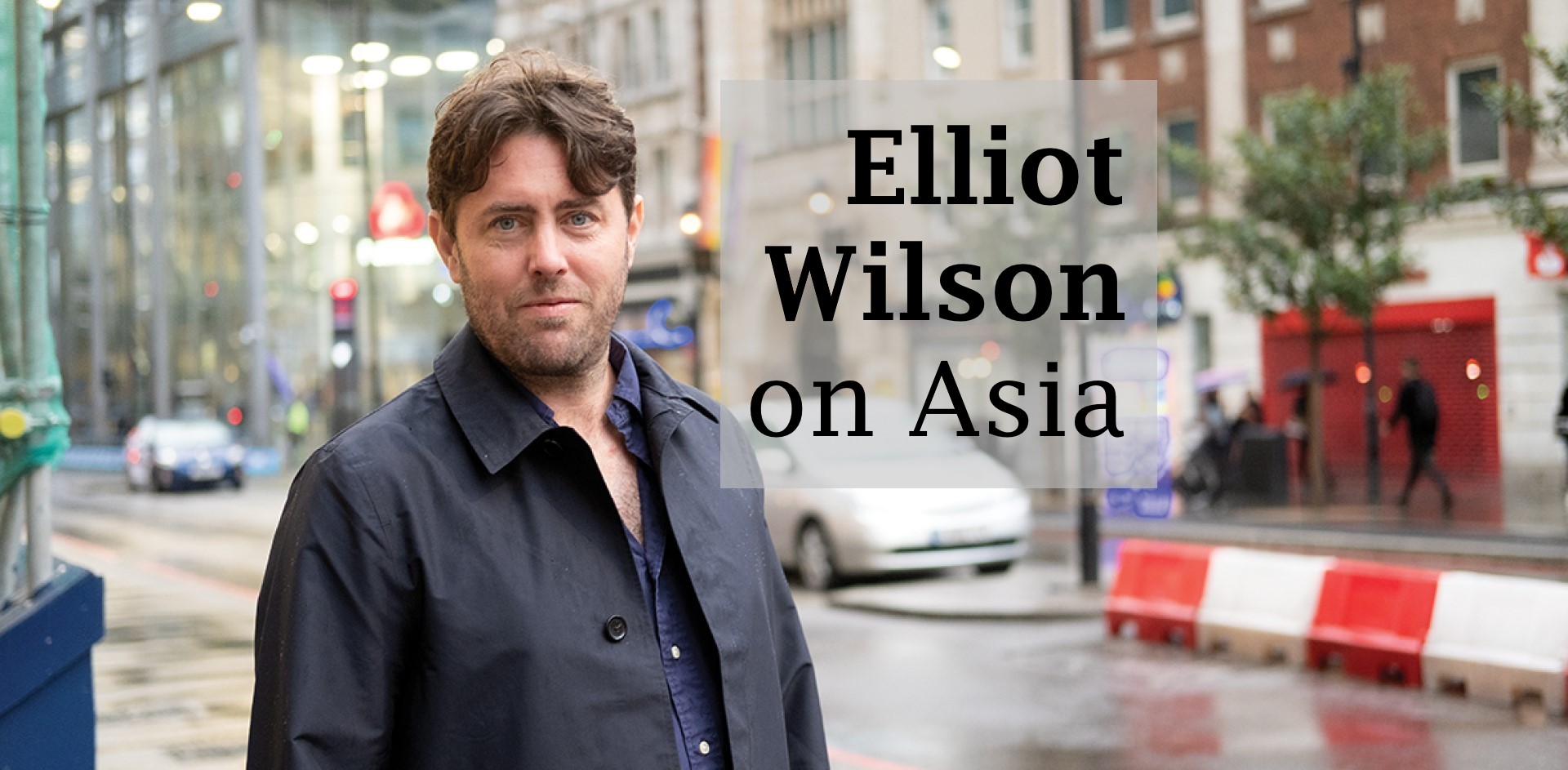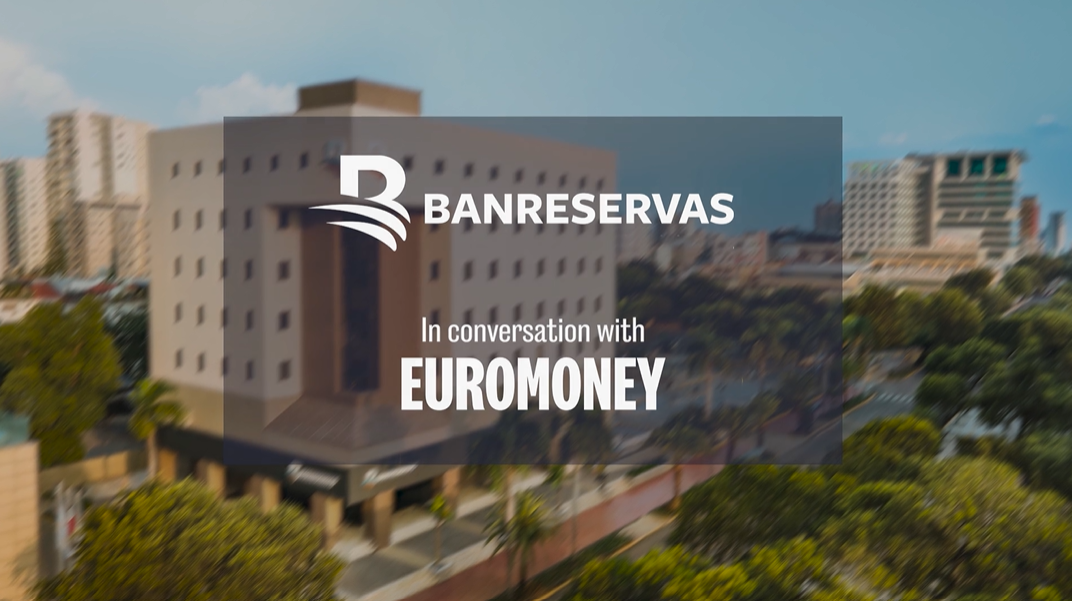
Tao Wang called it. In a November 14 research note, UBS’s head of China economic research reflected on a sweeping rescue package unveiled a day earlier by the People’s Bank of China and the chief banking regulator.
The 16-point rescue plan was a playbook intended to be read by every financial official and executive, with the aim of giving a big kiss-of-life to the country’s ailing real-estate sector.

Among key initiatives in the thrillingly titled ‘Joint policy document #254’ was a clarion call to banks to support developers with “sound corporate governance”, and to extend outstanding bank loans and trust borrowings due within the next six months by up to a year.
The plan also called on banks to support “stronger developers” as they seek to buy projects from “weaker rivals”.
That is Beijing’s way of signalling its tacit approval of a shift toward an era of M&A in onshore property that’s likely to last many years. China will emerge with a far smaller cohort of very large developers, a majority of which will be state- owned.
Tao tipped total financial support from lenders to top Rmb1 trillion ($140 billion). That spans support for unfinished projects, extensions on matured loans, investments in company bonds, and funds pumped into local governments by policy lenders such as China Development Bank.
Most of these responsibilities “will fall on policy banks and large SOE [state-owned] banks”, she predicted.
Tao spoke with wisdom.
Developer support
On November 23, three of the biggest commercial banks agreed to channel support to sound property developers.
Bank of Communications (BoCom) said it would provide Rmb100 billion worth of credit to property firm Vanke to support property development loans, bond investments and M&A deals, plus a Rmb20 billion credit line to Midea Real Estate.
The same day, Bank of China (BOC) said it would extend a Rmb100 billion credit line to Vanke, with Agricultural Bank of China signing agreements to support the Shenzhen-based firm, as well as Longfor Group and China Resources Land.
Further proof of Beijing’s suddenly unbridled willingness to support developers arrived on November 24, with the news that its largest lenders would pump $162 billion in fresh credit into the sector.
At the heart of this push is Industrial and Commercial Bank of China. The world’s largest lender by assets plans to extend credit lines worth $92 billion to 12 developers, to support “project developments” and “merger and acquisition deals”.
The ruling Party … knows it cannot afford to let a liquidity-challenged sector that accounts for a quarter of economic output to endure another stagnant year
Three thoughts spring to mind.
First, it’s clear that Beijing felt compelled to act. It has been nearly a year since ratings agency Fitch said Evergrande was in default on its debt. The world’s most indebted developer still owes more than $300 billion to creditors, or around 2% of Chinese GDP.
More than 20 onshore developers have since defaulted on their offshore debt, including Sunac China, Kaisa and Fantasia Holdings.
Beijing doesn’t like its hand being forced: it likes to set, not follow, agendas. By acting in this way, it demonstrates fears at the heart of the Party that the sector is struggling to heal itself.
Property sales by the country’s top 100 developers fell 26.5% year on year in October 2022, according to the China Index Academy. Moody’s tips property sales to fall by between 10% and 15% in 2023.
Until now, the ruling Party has chosen to focus on completing thousands of individual projects, rather than injecting capital directly into developers. But it knows it cannot afford to let a liquidity-challenged sector that accounts for a quarter of economic output to endure another stagnant year.
Economic lethargy
That brings us to the second point. China’s economy grew 3.9% year on year in the third quarter, a welcome fillip to policymakers after they reported torrid March to June numbers.
But it is not yet out of the woods. President Xi Jinping’s draconian and increasingly unpopular ‘zero-Covid’ policy is undermining attempts to reignite investment and consumption.
Export growth declined 0.3% year on year in October, for the first time since June 2020, with restaurant retail sales shrinking 8.1% over the same period.
This economic lethargy is primarily caused by restrictions on movement.
People won’t travel or eat out either because they can’t – Beijing and Shanghai are currently among the victims of fresh lockdowns – or due to fears of being sent to a quarantine facility simply for being in close contact with a Covid patient.
Only last April, the central bank told financial institutions to temper lending to developers, to cool a property boom. Now it’s asking them to open the spigot again
These concerns are very real. On November 23, the National Health Commission recorded 31,444 locally transmitted cases of the virus, a record high.
All of this is undercutting Beijing’s efforts of finding a pathway out of zero Covid. Investors and bankers hope China will reopen its borders to the world from March 2023 after three years of self-imposed isolation, but the process will be bumpy at the very least.
Bill Bishop, editor of the popular newsletter Sinocism, warned on November 23 that until China was “willing to tolerate larger numbers of serious illness and death”, there could be no viable exit from zero Covid for the Party.
He added: “They really seem stuck.”
UBS warned on November 17 that if tight restrictions and intermittent lockdowns last beyond next March, growth in Asia’s largest economy will remain “very weak, with [a] property rebound likely delayed. In the case that Covid restrictions are not removed until 2024, growth may weaken to 2% in 2023.”
Banking risks
Finally, we turn to China’s banks. The edict to go forth and lend is the latest U-turn by policymakers. Only last April, the central bank told financial institutions to temper lending to developers, to cool a property boom. Now it’s asking them to open the spigot again.
In doing so, Beijing is turning to a tried-and-trusted playbook. In 2004, government dipped into its ample foreign exchange reserves to bail out BOC and China Construction Bank. More bailouts followed, presaging a spree of listings by state lenders in Hong Kong and Shanghai.
Since then, these institutions have acted as the main financial conduit between the central bank and the economy.
They channelled hundreds of billions of dollars of stimulus capital to infrastructure projects at the height of the global financial crisis. Today, they’re being asked to in effect, bail out the sickly sector and restore a sense of stability and confidence.
Bank of Communications admitted as much. After announcing plans to extend big bundles of new credit to Vanke and others, it added: “BoCom will continue to fulfil the responsibility of a state-owned bank.”
The risk to the banking sector is clear. On November 14, UBS warned the property sector’s woes would likely “incur significant non-performing loans and losses to the banking sector through property development loans, bonds, mortgages, and off-balance-sheet financing”.
It updated its estimates for total property-sector NPL losses to Rmb1.43 trillion, more than half of it related to unsecured real estate loans. That would translate into a 16.3% loss of net profit across the banking sector in 2023, the bank said.
That is a lot of money, and a lot of pressure to put on the nation’s banks.
It is also yet more proof of how nervous Beijing is. On November 25, the China Daily newspaper praised the 16-point policy initiative for “facilitat[ing] the stable and healthy development of the Chinese property market”.
It is the kind of soothing but frankly delusional language that China’s policymakers love to use at times like these.
It is also a pretty good sign that something, somewhere has gone terribly wrong.




